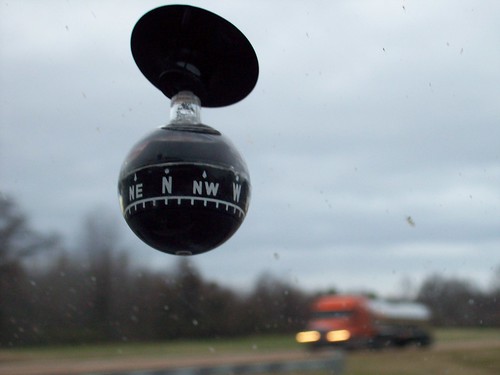Netherlands to boost North Sea surveillance to deter seabed threats
North #North

PARIS — The Netherlands plans to spend as much as €250 million (U.S. $274 million) on intelligence, surveillance and reconnaissance capabilities in the North Sea to protect the cables and pipelines that crisscross the seabed off its coast.
The Defence Ministry will mount cameras, radar systems and automatic identification system trackers on drilling platforms and offshore wind turbines, as well as buy satellite capacity to observe ship movements, Defence Minister Kajsa Ollongren and State Defence Secretary Christophe van der Maat wrote in a Dec. 19 letter to lawmakers.
The Netherlands also plans to buy two vessels with underwater monitoring technology.
“This capability helps deter potential perpetrators of sabotage and espionage,” Ollongren and Van der Maat wrote. “Improving the protection of the vital infrastructure on the North Sea has the full attention of the cabinet.”
Seabed warfare has become a hot topic for European nations ever since last year’s attack on the Nord Stream gas pipeline in the Baltic Sea. On the Dutch continental shelf, there are about 2,796 miles of pipeline and 3,728 miles of cable. The government considers offshore infrastructure essential to the Dutch economy and national security.
The current threats are primarily surface vessels carrying out “undesirable underwater activities,” according to the two officials. The government has assessed that there are presently no unmanned underwater vessels that can conduct sabotage operations in the Dutch-controlled area of the North Sea without the support of a surface vessel.
The ministry plans to buy commercial satellite capacity to track ship movements, including so-called dark vessels that turn off their automatic identification system transponders, until the Netherlands can build up its own satellite assets starting in 2027. The military will also monitor sea areas adjacent to the country’s area of responsibility in the North Sea to detect vessels that may pose a threat.
The costs of boosting the Dutch ISR capability in the North Sea will be between €50 million and €250 million, according to the letter.
The government in June announced a plan to develop its independent military satellite capacity through a constellation of satellites, within a spending bracket of €100 million to €250 million.
The Netherlands’ plan to acquire two “relatively simple” ships for a small crew would help monitor underwater activities, according to the ministers. Those ships will also serve as anti-air missile carriers for Dutch air defense frigates.
The Netherlands has 4.7 gigawatts of installed offshore wind power, enough to supply about 16% of the country’s current electricity demand. The government anticipates offshore wind will become the largest source of sustainable energy for Europe. Nine European countries, including the Netherlands, in April declared their aim of turning the North Sea into “Europe’s green power plant,” with combined targets for at least 120 gigawatts of offshore wind power by 2030.